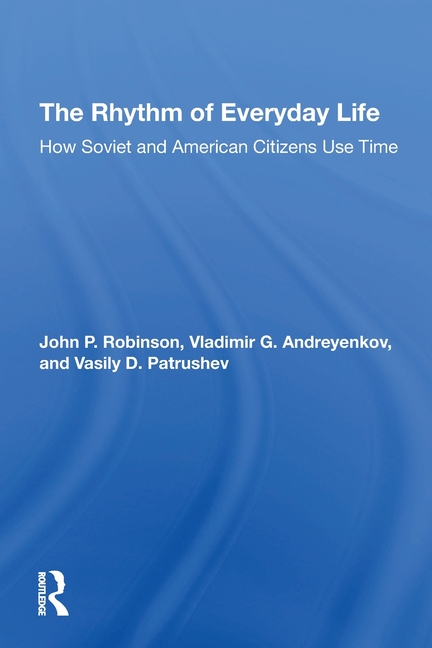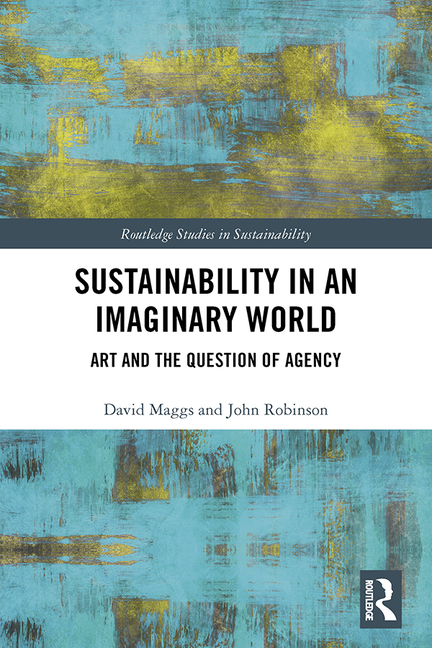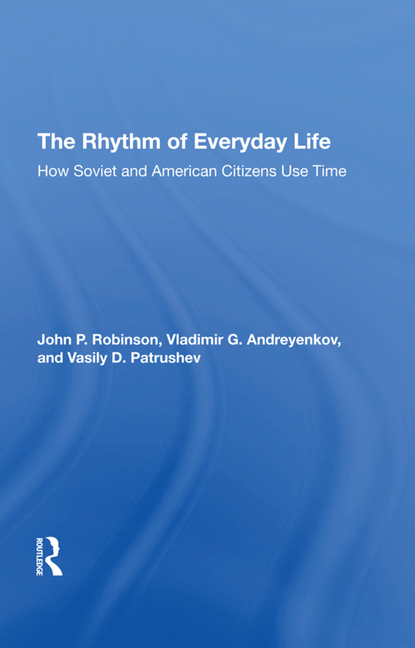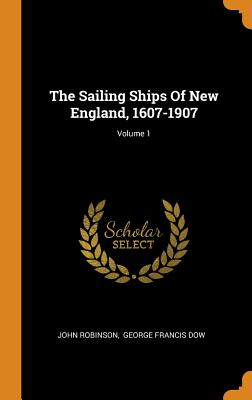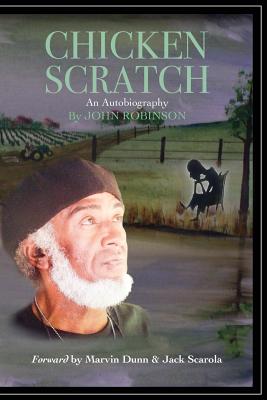About John Robinson
David Maggs carries on an active career as an interdisciplinary artist and arts-researcher. He is the founder and pianist for Dark by Five (darkbyfive.com), has written works for the stage, and collaborated on large augmented reality projects. David is the artistic director of the rural Canadian interarts festival Gros Morne Summer Music (gmsm.ca), founder and publisher of a digital arts magazine (oldcrowmagazine.com), and the director of The Graham Academy, a youth performing arts training academy. He initiated and co-produced the CBC documentary The Country. As an academic David focuses on arts practices and the challenge of sustainability. His doctoral thesis Artists of the Floating World led to the SSHRC-funded Sustainability in the Imaginary World led by Principal Investigator John Robinson (www.imaginesustainability.today). His research attempts to understand sustainability as a cultural challenge, and to make sense of art as a driver of social impacts. He has been a featured speaker at the Canadian Arts Summit, The International Transdisciplinarity Conference, the National Valuing Nature Conference, The American Association for the Advancement of Science, Swiss Federal Institute of Technology (ETH Zürich), and elsewhere.
John Robinson is a Professor at the Munk School of Global Affairs and Public Policy and the School of the Environment at the University of Toronto. He is also an Adjunct Professor at Copenhagen Business School and Visiting Professor at Utrecht University in 2019. At U of T, he is Presidential Advisor on the Environment, Climate Change and Sustainability, and heads up the Sustainable Built Environment Performance Assessment (SBEPA) research network. His research focuses on the intersection of climate change mitigation, adaptation and sustainability; the use of visualization, modelling and citizen engagement to explore sustainable futures; sustainable buildings and urban design; the role of the university in contributing to sustainability; creating partnerships for sustainability with non-academic partners; the history and philosophy of sustainability; and, generally, the intersection of sustainability, social and technological change, ways of thinking, and community engagement processes.


